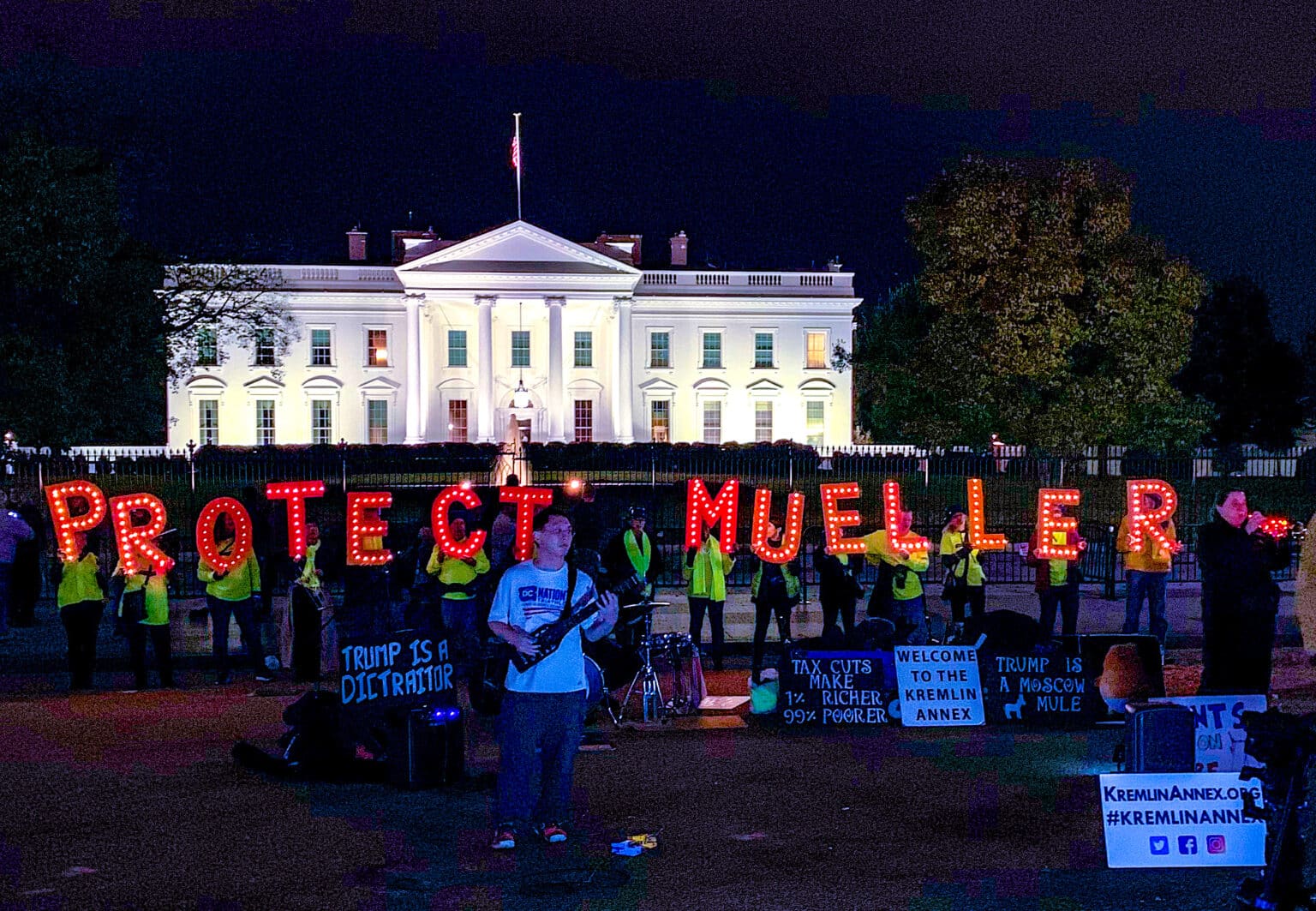
There is an old joke among criminal defense attorneys that “justice delayed is justice,” a twist of the old adage that “justice delayed is justice denied.” The joke reflects that fact that the defense almost always benefits from the passage of time and it is the prosecution that often pushes for earlier trial debates to deny the defense enough time to absorb and address evidence. That is not the case with Special Counsel Robert Mueller who has asked federal Judge Dabney L. Friedrich to deny a speedy trial motion and delay any trial of 13 Russians and three Russian companies for efforts to influence the 2016 election. The effort reflects problems in Mueller’s matinee case, including the allegation that he has charged a company that did not exist at the time of the alleged offenses.
Mueller previously tried to delay the trial despite the demand of Concord Management and Consulting for a speedy trial within 70 days of the indictment. That is a right that protects the defendant and is meant to be honored by the court under The Speedy Trial Act absent a waiver or exceptional circumstances. Often defendants waive the time period as a matter of course to allow more time to develop a case. Here it is the prosecution that appears desperate for more time.
One of the Russian companies — Concord Management and Consulting — entered the US, hired American lawyers, and demanded a speedy trial. The Speedy Trial Act is a 44-year old federal law that dictates that a federal criminal case must begin within 70 days from the date of the indictment.
Mueller continuance motion — available here — cited the complexity of the case and the voluminous record as the basis for the delay. He argues that “This case . . . warrants a continuance and exclusion of time to accommodate the voluminous discovery at issue and to allow sufficient time for the Court to resolve certain outstanding procedural issues unique to discovery in this case.” Mueller notes that the court has the authority to delay the trial “if ‘the ends of justice served by taking such action outweigh the best interest of the public and the defendant in a speedy trial.’”
The speed of the defense, particularly Eric A. Dubelier, a partner with Reed Smith, seems to have taken Mueller’s people by some surprise. The defense is demanding to see evidence which Mueller has been keeping closely held in his office. It could be the first serious disclosure of the cards in Mueller’s hand for defendants and potential targets. Thus far the defense is doing an excellent job in setting Mueller’s team back on its heels.
As a general rule, the desire of the defense for a speedy trial should carry the day. The prosecutors control when to issue an indictment. That triggers the Act and the clock ticking. The danger for Mueller is that, if he is unwilling to show the evidence or go to trial, he could face the embarrassing prospect of pulling the indictment. Conversely, if he is not ready, his matinee case could prove a flop in whole or in part with acquittals or hung juries.
As Dr. Seuss once asked, “How did it get so late so soon?”
Reprinted with permission from JonathanTurley.org.

